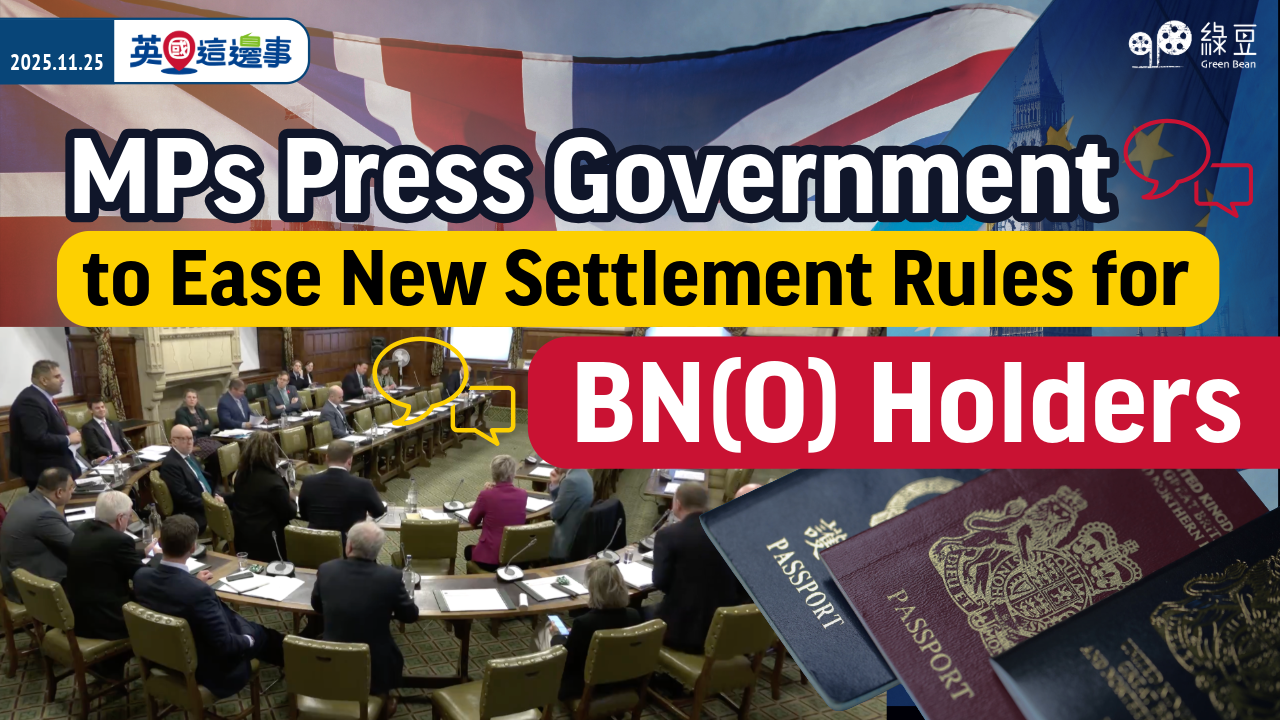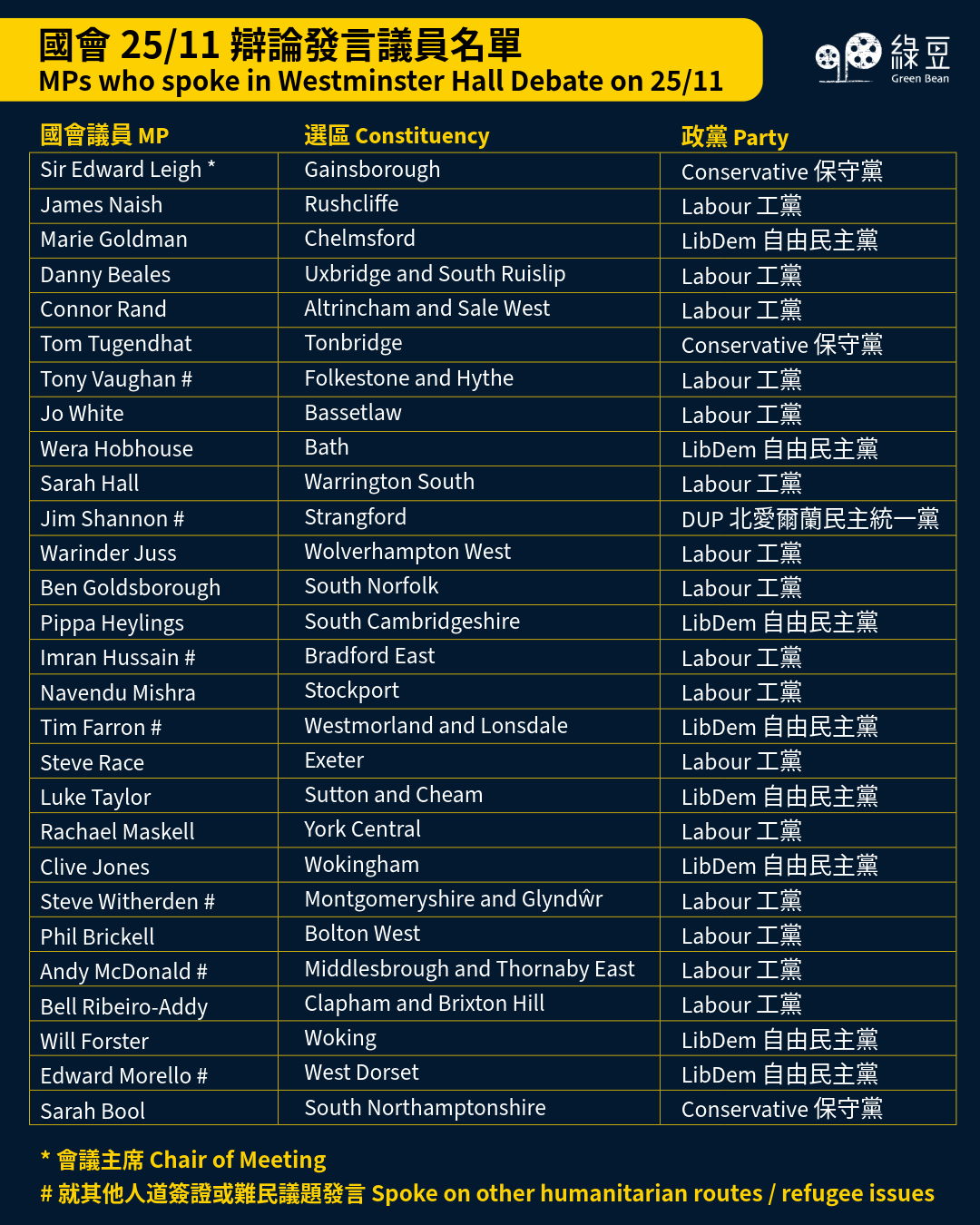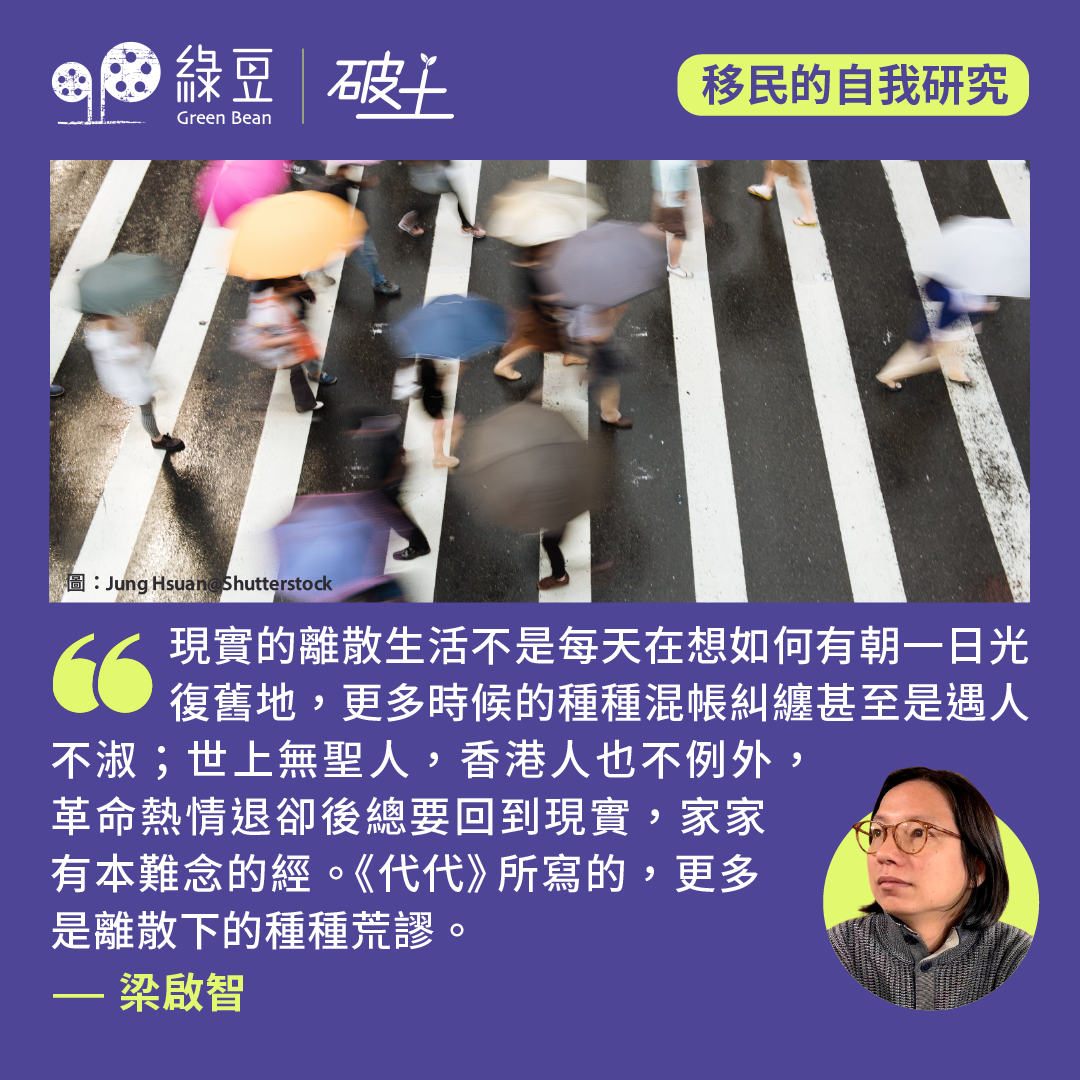MPs Press Government to Ease New Settlement Rules for BN(O) Holders


(Scroll down for the Chinese version 中文版本在下方)
The government’s announcement on 20th November that BN(O) visa holders would stay within the existing 5+1 year settlement rules was clouded by the provision that new income and language requirements would have to be met to qualify for Indefinite Leave to Remain. Today, in a parliamentary debate, the government minister responsible for migration, Mike Tapp, said that concerns about these issues would certainly be looked at in detail during the 12-week consultation period.
He reinforced, though, that what he called the new mandatory requirements for settlement are basic requirements that the government thinks are reasonable in general for people to meet if they settle here. He said the government was interested in views on whether certain groups should be exempt from these. And he stressed that no decisions had yet been made on any of this.
He did, though, sound sympathetic to the many pleas from MPs at the meeting to consider the special circumstances of Hong Kongers in the UK. He acknowledged particular problems over language requirements and income measurement but gave no assurances.
The Minister was attempting to calm a group of 27 MPs, excluding the chair, from a range of parties and constituencies who had gathered in Westminster Hall for a debate arranged by the MP for Rushcliffe, James Naish. The formal agenda was to examine “The potential impact of immigration reforms on humanitarian visa routes.” However, the majority of concerns raised by MPs were about their constituents from Hong Kong on BN(O) visas.
In his opening statement, James Naish, himself of course a Labour MP and supporter of the government, went straight to the problems the new rules would create for BN(O) holders. In order to be eligible for ILR, applicants would need to demonstrate that they’ve earned at least £12,570 per year for 3 to 5 years. He pointed out that the BN(O) entry route was never set up as a classic economic migrant route and that many households are income poor but asset rich. So people are supporting themselves without recourse to public funds, but they don’t necessarily fit into rigid salary thresholds.
He was also worried about the English language requirements, where thousands of BN(O) holders have already paid for and passed the B1 test but could be shut out by the requirement for a B2 one.
As a striking illustration of these points, he said that over the weekend 5,000 BN(O) visa holders had completed a survey about the proposals. He said the results showed that, if the requirements had to be met, only 8% of BN(O) households would expect all members of the household to be able to apply for Indefinite Leave to Remain after five years.
He went on to list five groups that he said would be particularly affected: the self-employed, with variable annual income; primary carers, especially women, who stay at home to look after children or parents; children still in education; older couples not able to be in full-time work; and families who just wouldn’t be able to study and pass the new language exam in a short space of time.
He then asked the Minister to consider modifications that would help these people: assessing finances as a household rather than by individuals; looking at transitional arrangements so that anyone already on the pathway to ILR is not put under the new conditions retrospectively; perhaps exempting the BN(O) route from the changes altogether or, if not, then looking at particular exemptions for pensioners, children, the disabled and others where language and earnings are likely to remain at low levels.
As the discussion went on, many other MPs were making a range of points on behalf of their constituents across the country. Wera Hobhouse, the MP for Bath, pointed out that for many, returning to Hong Kong is not an option. Changing the requirements here could put people in an impossible position, unable to settle in the UK and unable to return to Hong Kong.
Tom Tugendhat, the Conservative MP for Tonbridge, went further by pointing out that many Hong Kongers in the UK are concerned about the long arm of the Communist Party and its ability to reach them even here. So that if they are not secure here, they might fear that they could be dragged back to Hong Kong.
The overwhelming view from the MPs there was that fairness was directly threatened by changes that people could not have expected when they made the decision to come to the UK. Sarah Hall, MP for Warrington South, put it clearly: “Let’s make sure transitional arrangements protect those already on the ILR pathway.” And Ben Goldsworth from South Norfolk suggested that anything else would be a betrayal not only of policy but of principle.
There was also concern about the impact of the new rules on people who might want to flee from Hong Kong as political refugees but who were born after 1997 and would not qualify for BN(O) status. Luke Taylor, the MP for Sutton and Cheam, said that might apply to many young activists who were at risk in Hong Kong but who — under these new asylum regulations — might be detained and sent back to Hong Kong if they arrived as visa-free travellers.
The mood of the meeting was perhaps summed up, though, by Clive Jones, the MP for Wokingham, who said, “BN(O) visa holders are not foreigners, they are British nationals. It is time the government treated them as such.”
Finally, it was the turn of the Migration Minister himself, Mike Tapp, to reply to the room. He warned that because the consultation period on the changes had only just started, he would not be able to give final answers. He did, though, suggest flexibility, saying he was interested in views about whether certain groups should be exempt, whether transitional arrangements for vulnerable groups could be considered, and on the case for assets versus income. He noted the concern about language tests and the possibility of an extension of the route for those born after 1997.
His overall conclusion was that he wanted to listen and to take all of the points made into consideration when looking at the final shape of the government’s policy. There are still nearly 12 weeks left to influence that.
國會議員促政府放寬 BN(O) 新定居要求 批突襲式加辣損公平
英國政府於11月20日公布修改永居條件諮詢文件,BN(O) 簽證持有人可沿用現行「5+1」定居途徑,但同時加上收入及英語新要求,令申請永久居留(ILR)的門檻大增。負責移民事務的內政部政務次官 Mike Tapp今日在國會辯論中表示,外界的憂慮會在未來12周諮詢期內詳細處理。
不過,他強調,新的定居強制要求屬政府認為合理的基本標準,並指政府有興趣聽取公眾意見,包括是否有部分群組可獲豁免,又稱目前未有最終決定。儘管如此,他承認在英港人確實面對英語及收入審核上的困難,但未有給予實質承諾。
辯論在國會西敏大廳舉行,由 Rushcliffe 議員 James Naish 發起,除會議主席外共有27名跨黨派議員發言。雖然議題為「移民改革對人道簽證途徑的影響」,但發言焦點大部分落在 BN(O) 港人身上。
Naish 發言一開始直指建議的新定居規則將對 BN(O) 簽證持有人造成沉重打擊。按建議,永居申請人須連續3至5年、每年收入至少£12,570。他指出,BN(O) 從來不是經濟移民路線,許多家庭「收入低、資產高」,未必符合僵化的薪金要求。
語文要求同樣具爭議。Naish 指有數千名 BN(O) 簽證持有人已付費並通過 B1 英語試,若改為 B2,這批人很可能被拒諸門外。他又引述在剛過去的週末,有5,000名 BN(O) 簽證持有人參與調查,結果顯示,如新要求落實,只有8%家庭預期所有成員可於五年後申請永居。
Naish 列出五大最受影響群組,包括收入浮動的自僱者;家庭照顧者(多為女性);仍在求學的年輕人;無法全職工作的長者或伴侶;以及難以在短期內備考新語文試的家庭。
他促請政府考慮修訂建議,包括:以家庭而非個人收入作審核;為已入境人士提供過渡安排,不作追溯;甚至將 BN(O) 途徑整體豁免。否則亦應至少為長者、兒童、殘疾人士等語文或收入能力低的群組,作出例外安排。
辯論期間,多名議員亦紛紛代選民發聲。Bath 議員 Wera Hobhouse 指出,許多港人根本無法返港,如英國臨時加辣,會令他們陷入「不能留英、未能返港」的困境。Tonbridge 議員董勤達(Tom Tugendhat)更警告,不少港人擔心中國共產黨的跨境影響力,即使身在英國仍感不安;一旦在英不穩,他們或恐被「帶回香港」。
多名議員強調,此刻改規例有違公平。Warrington South 議員 Sarah Hall 直言,政府必須確保過渡安排保護已在永居路上的人。南諾福克議員 Ben Goldsworth 更指,任何改變都是對政策及原則的背叛。
議員亦關注新建議對1997年後出生、無 BN(O) 資格但可能因政治風險需逃港的年輕人的影響。Sutton and Cheam 議員 Luke Taylor 指出,這批年輕抗爭者若以免簽證入境,在新庇護制度下或被拘留並遣返。
Wokingham 議員 Clive Jones 一句話總結辯論氣氛:「BN(O) 持有人不是外國人,他們是英國國民。政府是時候如此對待他們。」
內政部政務次官Tapp 最後回應指,因諮詢剛展開,未能作出定案,但強調願意聽取意見,包括豁免部分群組、為弱勢群組設過渡安排、以資產補充收入門檻等。他亦留意到語文考試及是否擴展 BN(O) 途徑至1997年後出生者的討論。他總結稱,會聆聽並納入所有意見,決定最終政策。





